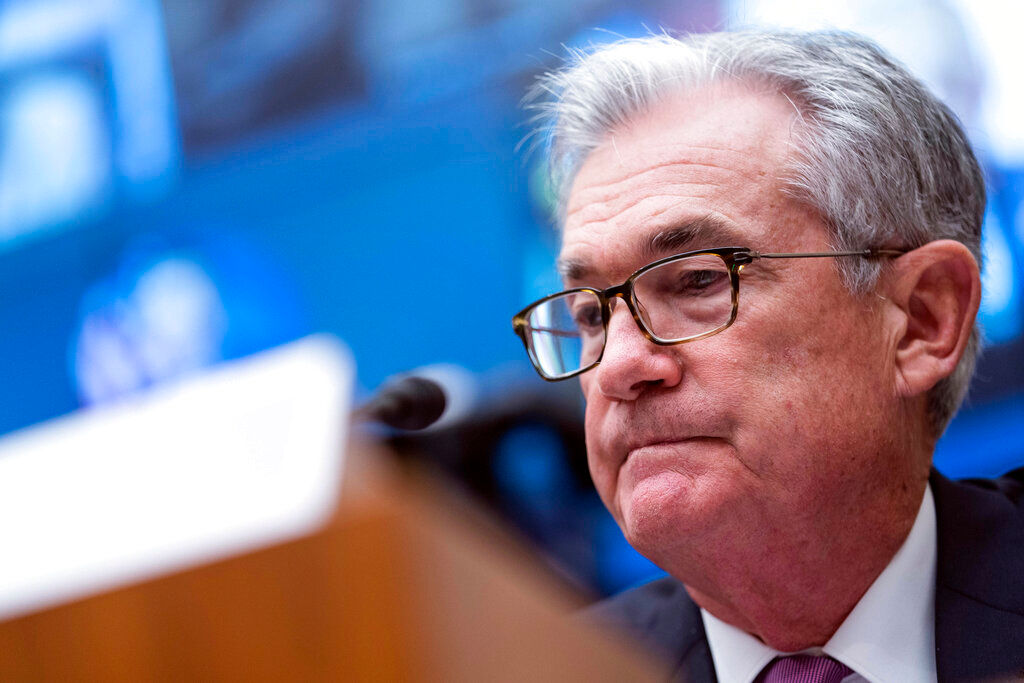In response to the increasing threat of inflation in the United States, the Federal Reserve announced on Wednesday that it will start to roll back the economic aid that was being provided through the pandemic, according to US media reports.
The reeling in economic aid would, however, not be done at once but will be carried out in installments. According to the statements made on Wednesday following a key policy meet, the Federal Reserve announced it will start reducing the $120 billion monthly bond purchases by $15 billion per month.
According to media reports, the bond purchases have been the reason why long-term interest rates have been held back. With the United States economy beginning to recover in nearly two years after the pandemic started, the efforts are no longer required.
The announcement comes as the various sectors of the economy — rent, food, automobile– have reported spiking prices of essential products and services. The surge has reportedly imposed a burden on American households and has left its impacts on the political agendas of President Joe Biden’s administration.
The central bank will slow its $80 billion in Treasury purchases by $10 billion a month and its $40 billion in mortgage bonds by $5 billion in November and December and said similar reductions “will likely be appropriate” in the following months.
According to reports from Associated Press, that suggests that the central bank might decide to accelerate its pullback in bond buying if inflation worsens.
If the pace is maintained, the bond purchases would end altogether in June. At that point, the Federal Reserve could decide to raise its benchmark short-term interest rate, which affects many consumer and business loans.
That would be much earlier than Federal Reserve officials had envisioned last summer, when they collectively forecast that the first rate hike would not happen until late 2023.
(With AP inputs)






